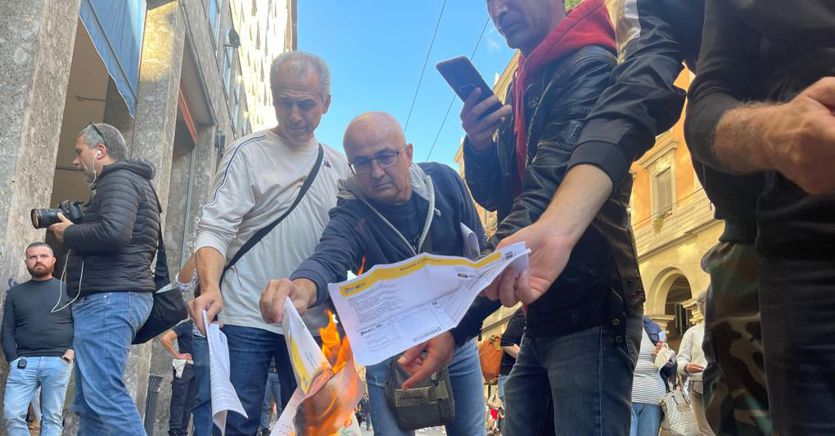Looking out on the threshold of autumn without a gas supply contract. It happens to hundreds, to thousands of companies: companies that use methane for their production – two cases out of dozens, the paper and ceramic industries – but also gas companies. Utilities that buy methane in bulk from large importers and redistribute it to customers. Like many industrial consumers, many of these gas companies are also constrained by risky supplies.
The key date is October 1st, San Remigio, patron saint of first grade children but not of methane consumers. October 1st, by convention, is the starting day of the thermal year that will end on September 30th, i.e. the annual energy supply: with the first cold weather the boiler tanks are filled with diesel oil, the gas clauses are renewed, the electrical contracts begin.
On 1 October, many companies entered the cold season without the certainty of having the energy. Several large energy suppliers with a name that exudes corporate nobility have limited contracts to the very few most loyal customers, only to larger plants, to the rare industrial consumers with the most solid payment guarantees. And the others, sorry but we don’t have methane available to sell you.
Little flexibility
Massimo Nicolazzi, one of the most careful observers of the gas market, points out that many consumer companies but also many small gas companies do not know if they will be able to pay for the methane purchased and above all to pay the coverage guarantees.
“In addition, many contracts have lost the flexibility they once had. In short – adds Nicolazzi – our retailer has to negotiate already now, for the whole year to come, the volumes that he will need day by day; the most generous sellers allow it a deviation of the order of 3%. And if the company errs by default or by excess, it will have to deal with it alone on the balancing market ».
